CBA's Thrilling Night: Three Teams' Fates Reversed, Top Eight Standings Upheaved

The CBA on January 12th was incredibly exciting! The four games of the 30th round of the regular season were like a roller coaster ride.
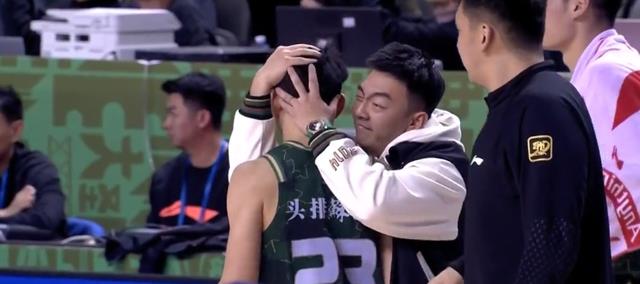
Let's start with the Liaoning and Qingdao match. Liaoning is a traditional powerhouse. At the beginning of this game, Qingdao played as if they had been injected with adrenaline, especially in the first quarter, where their fierce offensive power led to a score of 39-23, leaving Liaoning somewhat stunned. Liaoning, known for their slow start, didn't give up and began a furious counterattack in the second and third quarters. They responded with a 27-19 in the second quarter, and in the third quarter, after Ferg's three-pointer at 7 minutes and 55 seconds, Liaoning unleashed a 41-20 scoring spree in 13 minutes, which was too much for Qingdao to handle, and they were overtaken by Liaoning by more than 10 points.
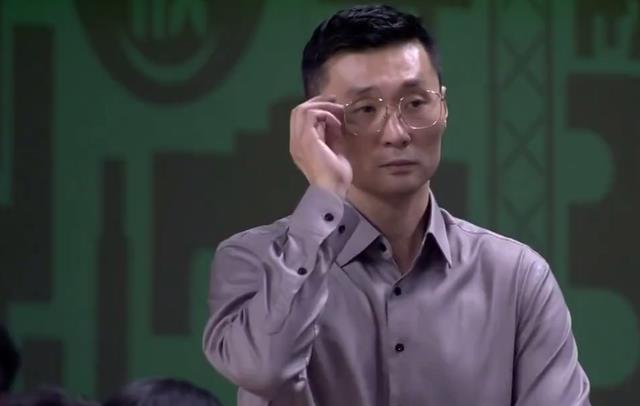
At this point, everyone thought Liaoning had the game in the bag, just like in many previous games, victory seemed assured if they maintained their offensive momentum. However, fate can be cruel. In the fourth quarter, while Liaoning was leading by double digits for most of the time, they suddenly found it incredibly difficult to score, as if under a spell. After Ferg made a free throw at 3 minutes and 31 seconds, with Liaoning leading 100-89, the team seemed to lose their spirit, failing to score any points for the remainder of the game. Qingdao, however, seized the opportunity. Wang Ruize consecutively sank two three-pointers, which felt like timed bombs exploding, stunning Liaoning. Yang Hanshen and Zhao Jiayi also capitalized on the situation with layups, and with four successful free throws to close out the game, Qingdao scored 14 points in quick succession. Liaoning, on the other hand, missed all five of their shots, committing low-level errors such as two missed free throws and a five-second violation on an inbound pass.
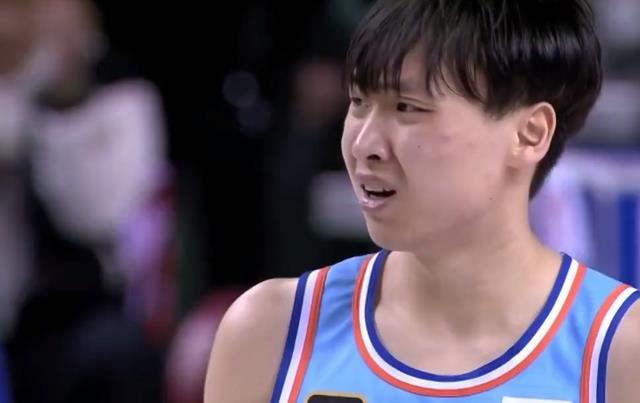
How could Liaoning perform so poorly? It's like my friend playing a video game, having a significant advantage early on, only to have their skills deteriorate later in the game. Although Ferg scored 41 points in this game, shooting 11 of 27, he admitted that the loss was his responsibility, as he missed two open shots and made crucial mistakes in the final moments. Coach Yang Ming looked particularly haggard and helpless, saying that everyone was making mistakes, as if under a curse. I believe this cannot be entirely blamed on the players; the situations in the game are complex, and it could be a matter of mentality or tactical execution at certain moments not being up to par.
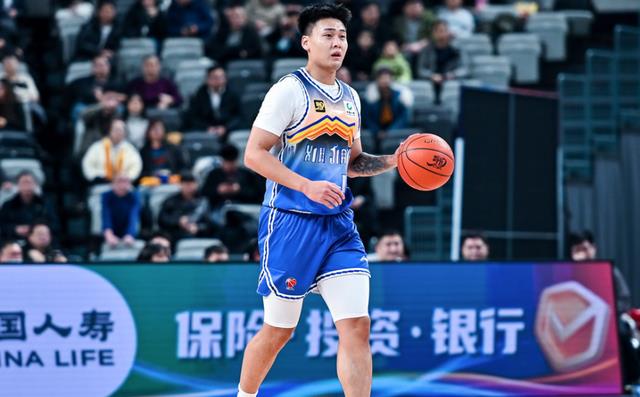
Moving on to Guangdong, their match against Beikong was also full of danger. Despite missing their three main players—Liao Sanning, Zou Yuchen, and Li Le—Beikong's weakened lineup was no pushover. From the start of the game, Beikong gave Guangdong a run for their money. However, Guangdong's strong ability to adjust quickly became apparent. By the second quarter, when Bazley took the lead, Guangdong quickly established a lead, with the largest gap reaching 13 points.

But Beikong wasn't going down without a fight. Liu Xiaoyu scored key 5 points in the second quarter, acting like a nail piercing into Guangdong's offensive momentum, disrupting their counterattack. In the third quarter, Shen Zijie exploded, scoring 8 points in half a quarter, reducing the gap to just 1 point. At this point, the pressure on Guangdong increased significantly. Coach Du Feng replaced Xu Xin in the last one and a half quarters of the game, which turned out to be like playing a trump card. Xu Xin's entry changed the course of the game.
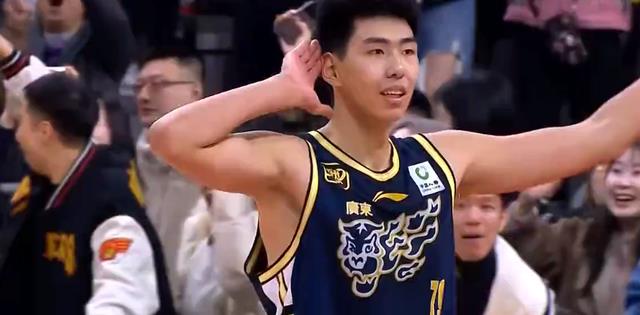
Xu Xin's performance in this game was simply outstanding. In just 17 minutes, he scored 14 points, grabbed 4 rebounds, made 1 assist, and had 1 block. Xu Jie was also impressive, playing the full 48 minutes and achieving a triple-double, although he was exhausted. Bazley contributed 13 points, 10 rebounds, and 3 assists. However, Coach Du Feng had some issues with his player rotations. When Bazley was performing well in the fourth quarter, Du Feng did not let him continue playing but instead substituted others. He also over-relied on Jilunwalt, almost allowing Beikong to complete a great comeback while trailing by 10 points. Fortunately, Xu Xin came through in the clutch, making a decisive layup in the chaos with 7.2 seconds left, securing a 3.1-second buzzer-beater to help Guangdong defeat Beikong twice and secure their sixth consecutive win.

I feel like Xu Xin is a lucky charm who always steps up in critical moments. Guangdong's victory in this game was hard-fought, like walking on a tightrope, where one misstep could lead to disaster. Currently, Guangdong has climbed to seventh place in the standings. They will face Guangzhou, Fujian, and Tongxi next, and if they perform well, there's still a chance for another three-game winning streak.
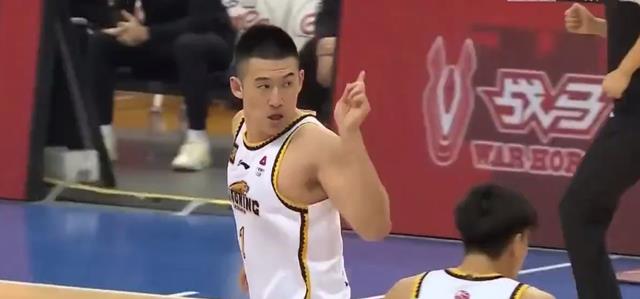
Finally, let's talk about the Xinjiang versus Tongxi match. Xinjiang is also a traditional powerhouse. Xinjiang lost this game unjustly, mainly due to another collapse in the fourth quarter. Tongxi's Lin Wei was incredible, scoring 13 points, grabbing 2 rebounds, and making 1 steal in the fourth quarter alone. Xinjiang, unable to stop him, saw the game tied at 91 in the fourth quarter before experiencing a power outage, failing to score for three minutes while Tongxi went on an 11-0 run to take the lead.
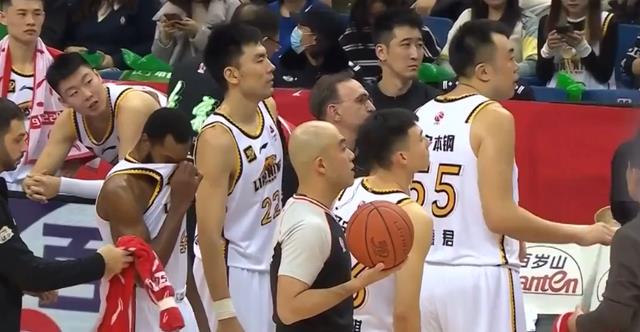
There were reasons for Xinjiang's loss. Starting with Liu Wei, since he was reversed by Shanxi with a 25-point comeback in the final quarter, it seems his tactics have been figured out. Whenever Li Yanzhe commits too many fouls or his stamina wanes, Xinjiang's interior defense becomes problematic. In this game, Li Yanzhe was disqualified after six fouls, which had a huge impact on Xinjiang. Then there's Qi Lin, who performed exceptionally poorly in this game. He shot 1 of 5 in the first half, scoring only 5 points with 2 turnovers. His temper is particularly explosive; in the second quarter, he furiously protested a referee's call, earning two technical fouls. Fortunately, the second technical foul was canceled due to a communication error between the referee and the scorer's table; otherwise, he would have been ejected from the game. His condition did not improve in the second half, shooting 2 of 10 overall, including 1 of 6 from three-point range, scoring only 7 points and being completely outmatched by Guo Haowen, who scored 24 points, grabbed 4 rebounds, and made 3 assists.
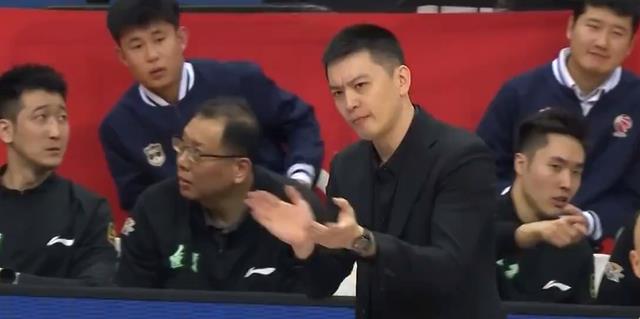
Another reason for the loss is Zhao Rui's suspension. Since Zhao Rui's confrontation with the referee during the New Year's Day match resulted in a five-game suspension, Xinjiang has faced tough challenges. In the recent five games, they narrowly defeated Sichuan by 6 points, were reversed by Shanxi with a 25-point comeback in the final quarter, were overturned by league bottom-dwellers Fujian in the fourth quarter, and added this loss to Tongxi, with three fourth-quarter collapses in four games. This clearly shows how much Zhao Rui's absence affected Xinjiang.
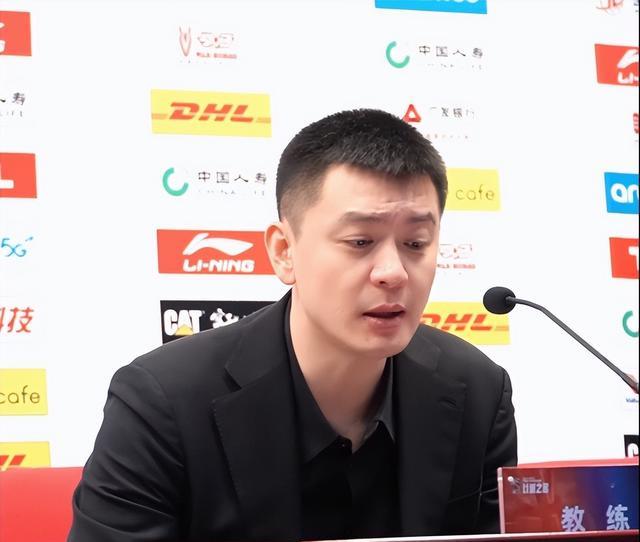
After losing to Tongxi, Xinjiang's ranking dropped to fifth. There are still six games left, but four teams have the same number of points as Xinjiang. In the next round of matches, Xinjiang's main competitors—Shandong, Zhejiang, and Beijing—will face Guangzhou, Guangsha, and Fujian respectively. After this round, Xinjiang's ranking is likely to drop further to seventh. However, there is good news: Xinjiang's opponents in the next five games, except for Qingdao, are not particularly strong, and Zhao Rui is nearing the end of his suspension. When he returns, Xinjiang still has a chance to return to the top four after the second stage.
CBA games are always full of variables, with every team striving for victory and every player's performance being crucial. It's like a grand drama where each plot twist is unexpected. I hope all teams can learn from their experiences and perform even better in future games.